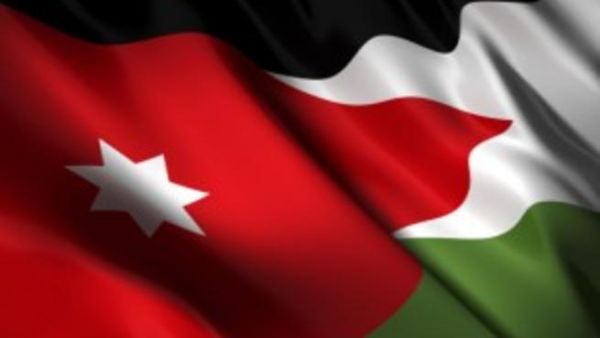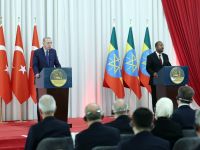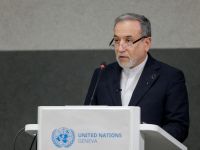HRH Prince Hassan on Tuesday called for the establishment of a regional social charter that acts as a "legal covenant for a just distribution of resources and human security".
In his address at the opening of the Sixth Jordanian International Mining Conference, he proposed that the charter encompass three new regional agencies: a water, energy and clean air authority, a monetary council and a transparency agency.
The first would ensure the availability of sufficient and affordable flows of water and energy and curb carbon emissions; the second would oversee capital markets through public consent, generating capital formation with the goal of economic growth and development rather than trading for its own sake; while the third would generate fees from the sale of the rights to commons resources and ensure that they are spent for the common good, Prince Hassan noted.
He said the commons - environmental, social, cultural, genetic and intellectual resources - is the stock from which all wealth grows. "If we extract resources at a rate beyond the level of replenishment, our commons will collapse. It's really that simple. The macroeconomic realignment we need to make is to stop following the interest rate and start tracking the resource replenishment rate," Prince Hassan underscored. More than 400 experts and investors in mining and mineral resources from 13 Arab and foreign countries are participating in the three-day event, organised by the Jordanian Engineers Association (JEA). The conference seeks to highlight the role of mining industries in the economy and come up with recommendations to improve the mining sector and attract investments, according to organisers.
JEA President Abdullah Obeidat said studies indicate that Jordan's economy will become one of the leading economies in the Middle East if its mineral resources, such as oil shale, uranium, copper and gold, are wisely and soundly invested.
The mining sector is booming and will become an important source of income, he said, underscoring that it will help solve the Kingdom's financial problems and address social risks resulting from the current fragile economic conditions. "What is holding the country back from utilising its mineral resources.
We call on officials to unveil studies and topographic surveys of Jordan's abundant mineral fortunes," Obeidat said at the opening ceremony. Meanwhile, conference chairman, Jamal Alali, highlighted that the country's mining sector, with its extraction and transformation industries, is a main pillar that supports the local economy.
"The mining sector generates jobs, supplies the local market with raw materials, channels foreign currencies via exports and supports the state treasury with the collected taxes and fees," he said. Official figures indicate that mining sector exports increased by 9 percent in 2010 to JD607 million, compared to JD556 million in 2009. There are 51 establishments working in the mining sector with an estimated capital of JD419 million.








